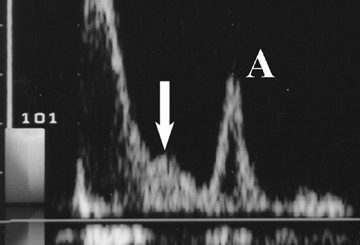Medicine MCQs -20
Contents
- 1 POEMS syndrome includes all of the following EXCEPT -
- 2 Which of the following is correct for people with a darker skin pigment and production of vitamin D
- 3 Intrinsic factor -
- 4 Primary erythromelalgia is caused by mutation of -
- 5 Vascular angle of less than -------------- indicates severe ischaemia
- 6 Tunnel vision can be caused by all of the following EXCEPT -
- 7 Vascular angle is the angle to which the leg has to be raised before it becomes pale, whilst lying down is called as -
- 8 Cystic fibrosis is associated with channel defect -
- 9 Vitamin-D overdose from UV exposure -
- 10 Anti-Müllerian hormone is -
POEMS syndrome includes all of the following EXCEPT -
The name POEMS is an acronym for some of the disease's major signs and symptoms -
polyneuropathy
organomegaly
endocrinopathy
myeloma protein
skin changes
Which of the following is correct for people with a darker skin pigment and production of vitamin D
People with a darker skin pigment with increased amounts of melanin may have decreased production of vitamin D
Melanin absorbs ultraviolet B radiation from the sun and reduces vitamin D production
Intrinsic factor -
Intrinsic factor - glycoprotein produced by the parietal cells
Primary erythromelalgia is caused by mutation of -
Primary erythromelalgia is caused by mutation of the voltage-gated sodium channel α-subunit gene SCN9A.
Vascular angle of less than -------------- indicates severe ischaemia
vascular angle of less than 20 degrees indicates severe ischaemia
Tunnel vision can be caused by all of the following EXCEPT -
Retinitis pigmentosa
Glaucoma
Vascular angle is the angle to which the leg has to be raised before it becomes pale, whilst lying down is called as -
vascular angle - also called Buerger's angle, is the angle to which the leg has to be raised before it becomes pale, whilst lying down.
Gissane angle, also known as the "critical angle of Gissane", is a measurement on lateral foot radiographs used to evaluate the severity of calcaneal fractures.
Böhler's angle is defined by two intersecting lines: one drawn from anterior process of the calcaneus to the highest part of posterior articular surface and a second drawn from the same point of posterior articular surface to the most superior point of tuberosity.
Meary's angle or the (lateral) talus-first metatarsal angle has been used to identify the apex of deformity in patients with pes cavus and pes planus on lateral weight-bearing foot radiographs.
Cystic fibrosis is associated with channel defect -
CFTR is complex protein found on the surface membrane of cells in a wide variety of tissues where it functions as a regulated chloride ion channel.
Vitamin-D overdose from UV exposure -
Vitamin-D overdose is impossible from UV exposure
Vitamin-D overdose is impossible from UV exposure: the skin reaches an equilibrium where the vitamin degrades as fast as it is created
Anti-Müllerian hormone is -
AMH is a dimeric glycoprotein with a molar mass of 140 kDa





